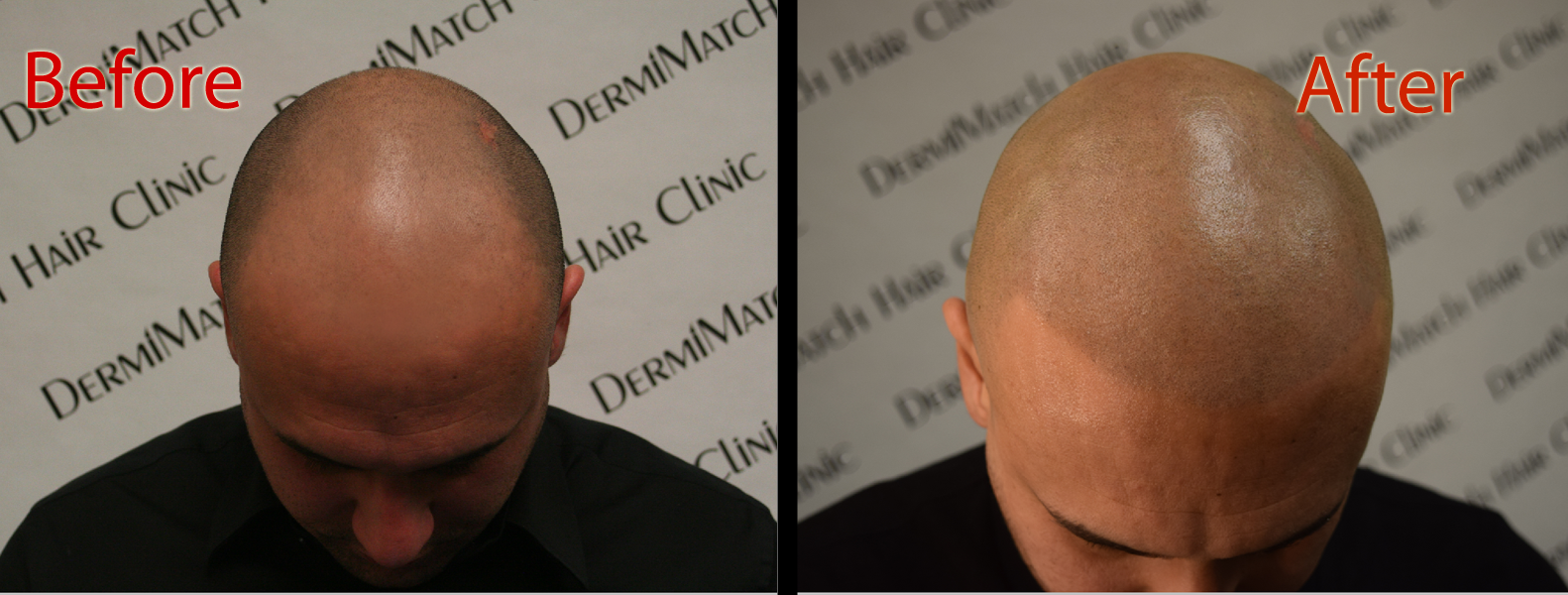Nutritional deficiency can affect hair health and growth. It is not for nothing that the elderly always harp on the diet and hair health connection. Your diet can have a significant effect on hair health. A calorie-rich diet lacking nutrients will not help the growth of hair. Some of the best foods for hair growth include leafy greens, eggs, nuts & seeds, and fatty fish. Besides, hair growth also depends on a range of factors, including diet, genetics, disease, health, and medications.
While everyone wants good, healthy hair, luck does not smile on each one of us when it comes to enjoying luscious, shiny locks.
How diet and hair work?
Vitamins and minerals help hair follicle growth in normal individuals. But the story may not be the same on certain medications, undergoing specific therapies, suffering from a metabolic disorder, affected by hereditary hair loss, and experiencing environmental and stress-induced hair loss.
For all others, diet can still help.
Studies suggest that a diet deficient in biotin, vitamins B12 and D, iron, riboflavin, and other nutrients can trigger significant hair loss.
Eating a balanced diet can help stem hair loss and promote hair growth in normal humans experiencing hair loss due to nutritional deficiencies.
Add more protein to your diet and hair growth will resume
Is it true that protein can help hair growth? Eating adequate protein can help with hair growth as follicles are made of protein. If your diet lacks protein, you may suffer from hair loss.
Biotin helps the production of keratin, which is essential to hair growth. Even research links biotin and hair growth connections. A diet lacking biotin is a recipe for hair loss. but too much biotin is also not recommended. Your diet should be balanced for overall health and well-being.
Is vitamin C helpful for hair growth?
When discussing the food and hair growth connection, the subject of vitamin C always comes up. The reason is that the body uses vitamin C to produce collagen to strengthen hair and prevent it from becoming brittle.
Vitamin C is also essential for iron absorption. Remember, low levels of iron are the leading cause of anemia and also triggers the loss of hair.
Research finds that a diet rich in vitamin C can reduce baldness, hair loss, and alopecia.
Berries, lemon, and spinach are rich sources of vitamins A and C, which help induce hair growth. However, too much of anything is bad. Supplementing your diet with too much vitamin A is not recommended, as it can cause hair loss.
Can Omega 3 help hair growth?
Some research papers link omega 3 to hair growth. A polyunsaturated fat, Omega 3 is essential to health and well-being. In fact, there should be a balance between omega 6 and omega 3 in our bodies. While omega 6 is prevalent in diets today, there is an insufficiency of omega 3. So supplementing your diet with omega 3 fats can help maintain the balance with omega 6. What’s more, it is thought to nourish follicles by supplying them with nutrients for growth, promote circulation, and strengthen hair.
Does diet work for everyone?
Well, as already mentioned above, diet is helpful for people experiencing nutritional deficiency-induced hair loss. For others with medical conditions, genetic hair loss, or suffering medication side effects, diet for hair growth might not help much.
SMP: Bye-Bye Hair Loss
If you, too, feel embarrassed with baldness, receding hairline, or bald patches, you may be looking for a more permanent solution. Scalp micropigmentation is one such hair restoration treatment that can help. Consult with top Arizona SMP practitioners to find how scalp micropigmentation can be a game-changing decision. Get in touch with DermiMatch scalp experts today.

